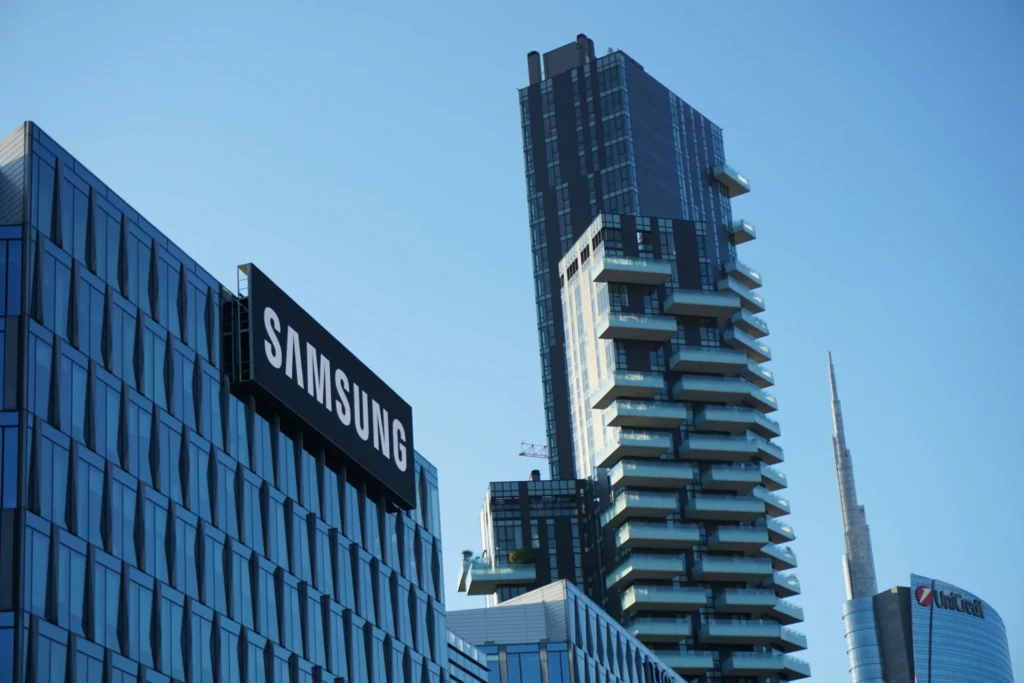The South Korean Supreme Court ruled Thursday to uphold the Lee Jae-yong fraud acquittal, closing a major legal chapter for Samsung. The court dismissed all appeals and reaffirmed earlier rulings that cleared Lee of fraud, stock manipulation, and accounting crimes.
Prosecutors accused Lee of manipulating stock prices during a $8 billion merger between Samsung C&T and Cheil Industries in 2015. They alleged Lee used fraudulent accounting at Samsung Biologics to increase his control over the Samsung group after his father’s death.
They alleged Lee used fraudulent accounting at Samsung Biologics to increase his control over the Samsung group after his father’s death. The original verdict cleared him in 2023, and an appellate court upheld that decision earlier this year, rejecting prosecution arguments.
Though Lee did not attend the ruling, Samsung’s legal team praised the court for confirming the merger’s legality and accounting practices. Samsung’s lawyers said the verdict ended a five-year trial process and thanked judges for their fair, thorough review.
Lee had previously served 18 months in prison over separate bribery charges linked to former president Park Geun-hye’s political scandal. The government released him on parole in 2021 and issued a presidential pardon in 2022 due to his recovery efforts.
Experts now expect Lee to advance into the public spotlight and make bolder leadership decisions as legal hurdles disappear. Economists say this incident could stabilize Samsung’s management and boost investor confidence amid global economic uncertainty.
Samsung faces pressure from slowing semiconductor sales and fierce competition in smartphone markets dominated by Apple and Chinese manufacturers. Analysts believe Lee will accelerate investments in overseas partnerships and structural reforms within the Samsung conglomerate in the coming months.
Business groups in South Korea welcomed the decision, saying it allows Samsung to act quickly on key strategies. The Federation of Korean Industries said the verdict ensures stability at the country’s largest firm during ongoing trade tensions with Washington.








